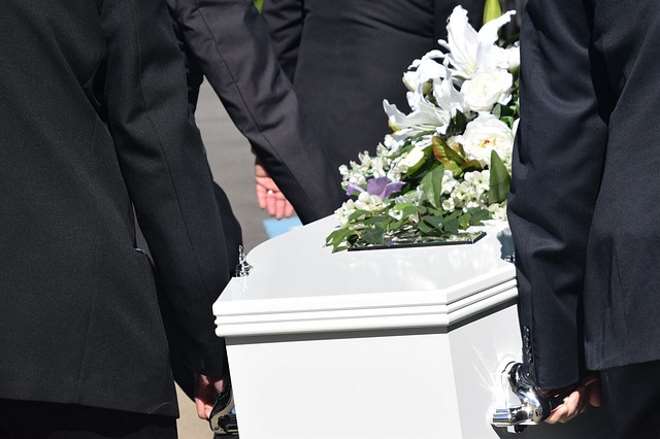How does the cremation process work? Learn more
Cremation has become an increasingly popular choice for end-of-life arrangements in the United Kingdom, offering families a dignified and often more affordable alternative to traditional burial. Understanding the cremation process can help individuals and families make informed decisions during difficult times. This comprehensive guide explains each step of the cremation procedure, from initial preparation through to the final handling of ashes, while also addressing common questions about costs and services available throughout the UK.

The cremation process involves several carefully regulated steps designed to treat the deceased with dignity and respect while meeting strict legal and safety requirements. In the United Kingdom, all cremations must comply with regulations set by the Ministry of Justice and local authorities, ensuring consistent standards across the country.
What happens during the cremation preparation phase?
Before cremation can take place, several important preparations must be completed. The deceased is first identified and prepared by trained professionals at the crematory. Any medical devices, such as pacemakers or prosthetic limbs containing metal, are removed as these can pose safety risks during the cremation process. The body is then placed in a suitable cremation container or coffin, which must be made from combustible materials like wood or cardboard. All cremations in the UK require proper documentation, including a cremation certificate from a medical referee and completion of necessary paperwork by the funeral director.
How does the actual cremation procedure work?
The cremation takes place in a specially designed cremation chamber, also known as a retort, which operates at temperatures between 760-1150°C. The process typically takes between 1-3 hours, depending on various factors including the size of the deceased and the type of container used. Modern crematories use advanced filtration systems to minimize environmental impact and ensure emissions meet strict regulatory standards. Throughout the process, each cremation is carefully tracked to maintain the dignity and identity of the deceased, with identification tags accompanying the remains at every stage.
What are cremation services cost considerations in the United Kingdom?
Cremation costs in the United Kingdom vary significantly depending on location, service provider, and additional services required. The basic cremation fee charged by crematories typically ranges from £400-£900, while full-service cremation packages including funeral director services can cost between £3,000-£6,000. Additional expenses may include memorial services, urns, and cemetery fees for burial of ashes. Many families seek affordable cremation options in their local area to manage costs while still ensuring dignified arrangements.
| Service Type | Provider Example | Cost Estimation |
|---|---|---|
| Basic Cremation Fee | Local Authority Crematories | £400-£600 |
| Private Crematory Services | Dignity Funerals | £500-£900 |
| Full Service Package | Co-op Funeralcare | £3,200-£4,500 |
| Direct Cremation | Pure Cremation | £1,200-£1,800 |
| Memorial Services | Local Funeral Directors | £500-£2,000 |
Prices, rates, or cost estimates mentioned in this article are based on the latest available information but may change over time. Independent research is advised before making financial decisions.
What happens to the ashes after cremation?
Following the cremation process, the remaining bone fragments are carefully processed into fine ashes, technically known as cremated remains. These ashes are then placed in a temporary container or urn chosen by the family. Families have several options for the final disposition of ashes, including burial in a cemetery plot, placement in a columbarium, scattering in designated areas, or keeping them at home. Many crematories offer garden areas specifically for ash scattering, while some families choose meaningful locations that held special significance for the deceased.
How long does the entire cremation process take?
The complete cremation process, from initial preparation to the return of ashes to the family, typically takes 7-10 working days. However, this timeframe can vary depending on factors such as the completion of necessary paperwork, scheduling availability at the crematory, and any additional services requested. Families should discuss expected timeframes with their chosen funeral director to ensure proper planning for memorial services or other arrangements. Some providers offer expedited services for families with specific timing requirements, though additional fees may apply.
Are there environmental considerations with cremation?
Modern cremation facilities in the UK operate under strict environmental regulations designed to minimize their ecological impact. Advanced filtration systems remove harmful emissions, while many crematories are investing in more energy-efficient equipment and renewable energy sources. Some facilities offer eco-friendly options such as bio-cremation or alkaline hydrolysis, though these alternatives are not yet widely available. Families concerned about environmental impact should discuss available options with local cremation providers to understand the most sustainable choices in their area.
Understanding the cremation process helps families make informed decisions during difficult times while ensuring their loved ones receive dignified and respectful treatment. By researching local options and understanding associated costs, families can choose cremation services that meet both their emotional needs and financial circumstances.




